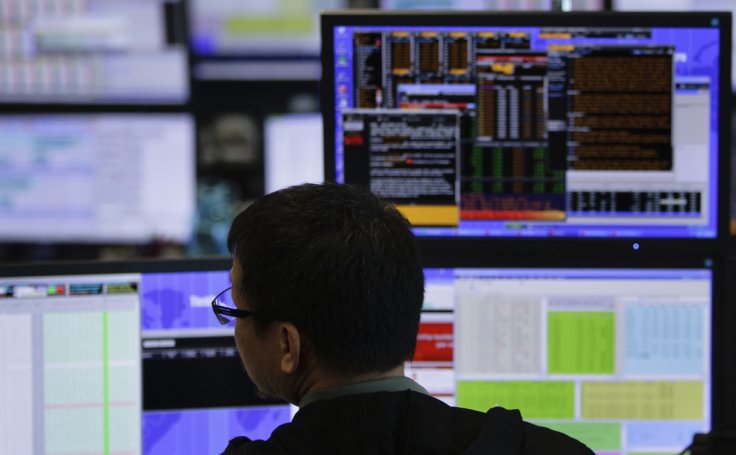
Singapore shares fell as much as 1.7 percent, dragged by financials, and posted their biggest intraday percentage drop since January 2017.
Asian shares fell the most in over a year following a sell-off on Wall Street amidst speculation that central banks globally are likely to tighten policy more aggressively.
MSCI's broadest index of Asia-Pacific shares outside Japan shed 1.7 percent in the largest daily drop since late 2016, Reuters data showed.
Investors were spooked by Friday's U.S. payrolls report which showed wages growing at their fastest pace in more than 8-1/2 years and fuelling inflation expectations, Reuters reported.
At 0520 GMT, the Straits Times Index declined 1.4 percent or 51 points to 3,478. It ended 0.49 percent lower on Friday, taking the year-to-date gains to about 4 percent.
Also Read: Keppel Corp's former key executives arrested in corruption probe
Top lenders Oversea-Chinese Banking Corp and United Overseas Bank fell to their lowest in about a month, while DBS Group Holdings dropped 2.6 percent to an over two-week low.
Active stocks included, Lion Gold climbing 100 percent to S$0.002 while Disa dropped 6.7 percent to S$0.01 in afternoon trades.
Marco Polo Marine plunged 9 percent after United Overseas Bank said that it has sold its entire 10.29 percent stake in the company for about S$12.68 million.
Singapore Telecommunications was down 0.6 percent. The telecoms major on Monday said it will buy new shares in Bharti Telecom - the holding company of its Indian associate Bharti Airtel for S$555.6 million.
Keppel Corp shares were down 2 percent. Several of former key executives of Keppel and its offshore and marine units have been arrested for their alleged involvement in the corruption scandal involving Keppel Offshore & Marine, The Straits Times reported on Friday.
About 1.5 billion shares worth S$941 million changed hands, with losers outnumbering gainers 421 to 61.








